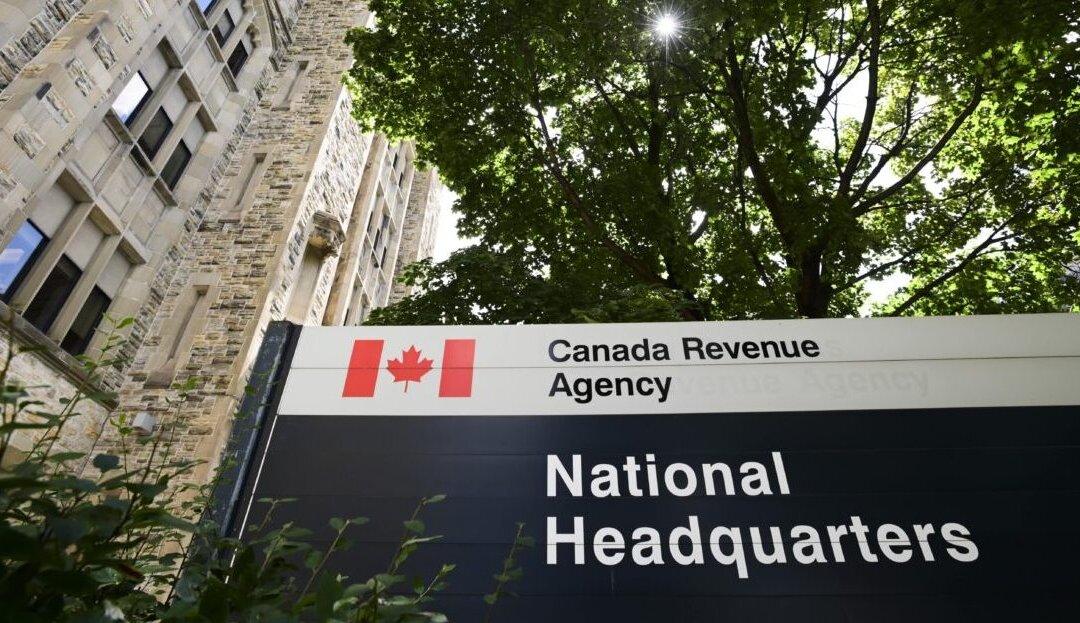Private information belonging to over 150,000 Canadians in the possession of federal departments and agencies was breached over a one-year-plus period, with the Canada Revenue Agency (CRA) being the worst offender, new records analyzed by The Epoch Times show.
The analysis is based on figures provided by the federal government in response to an Inquiry of Ministry. Conservative MP Luc Berthold, who submitted the inquiry on March 29, wanted to know the details of all privacy breaches that occurred since Jan. 1, 2022, including the number of people affected and whether the Privacy Commissioner of Canada was notified.





